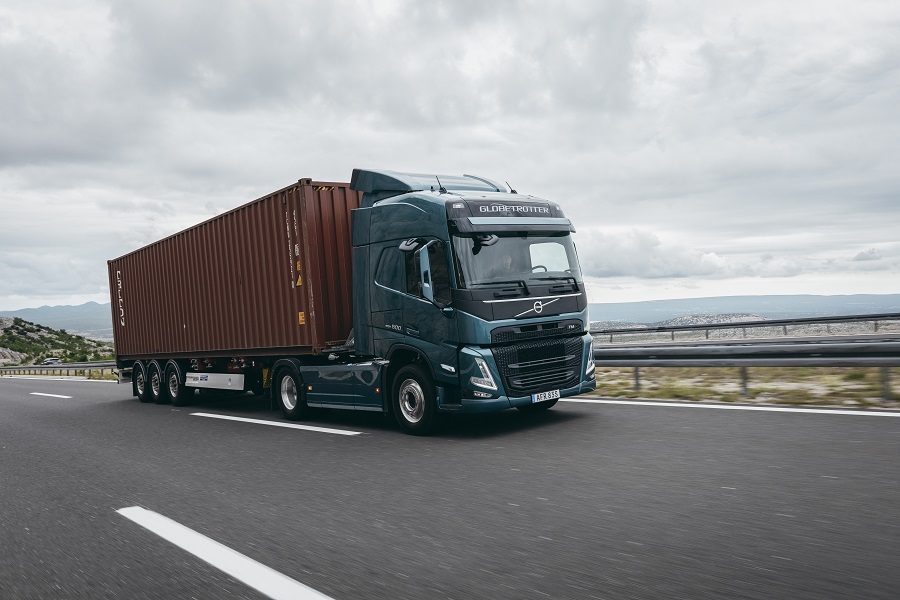The trucking industry helps businesses in different fields deliver goods and supplies across the country. Depending on the distance traveled, it is often divided into short- and long-haul trucking.
Distance Traveled
Short-haul trucking refers to the process of transporting goods within 240 km from the truck’s origin. This type of trucking often uses small vehicles that drive better on city roads.
On the other hand, long-haul freight trucking involves larger trucks and heavier loads. Long-haul truck drivers often need to drive about 400 km to their destination and typically travel through different cities, towns, and provinces.
Truck Types
Trucks used for short-haul trucking are smaller. Their size allows them to easily drive on city roads along with smaller vehicles.
Meanwhile, long-haul trucking uses larger trucks that can carry bigger loads of supplies. This is done to make the most out of the long drive and ensure efficiency.

Operating Expenses
Running a short-haul trucking operation can be more cost-effective than having long-haul trucks. This is possible because short-haul trucks’ fuel, maintenance, and insurance costs are less expensive. You also won’t have to spend too much on your short-haul driver’s travel expenses.
On the other hand, operating long-haul trucking is an expensive goal. Maintaining, fueling, and insuring large trucks for several years can cost a lot of money. Additionally, long-haul truck drivers incur more travel expenses because they drive longer distances.
Risks Involved
Short-haul truckers can do multiple deliveries in a day, which means they have more exposure to weather conditions. However, since they are more likely to be familiar with the route, weather patterns, and traffic, the risk and uncertainty they may encounter are minimal.
Meanwhile, long-haul truck drivers may encounter dangerous weather conditions, unexpected detours, and unsafe terrains, making their drive riskier. Because they are expected to drive longer hours every day, long-haul truckers are also more prone to sleep deprivation and fatigue.
However, with the right training and preparation, any risks involved with trucking can be managed properly. Therefore, you always need to ensure that your truck drivers are skilled and ready whether they’re handling a short- or long-haul truck.
Choosing Between Short- and Long-Haul Trucks
When choosing between short- and long-haul trucks, you must take your business’s unique needs into consideration. If you only need to transport a small number of goods to a nearby town or city, you can acquire a short-haul truck. Using this type of truck will even allow you to save money on maintenance and operation.
However, if your logistical needs require you to haul a large number of goods and supplies over long distances, you should obtain a long-haul truck. Although it might be costlier to maintain, it will provide your business with a complete solution for your trucking needs. With a larger vehicle, you can also be more efficient in transporting goods.
For expert advice regarding your trucking needs, turn to us at Prime Quest. We can provide you with the information you need when choosing between short- and long-haul trucks.




